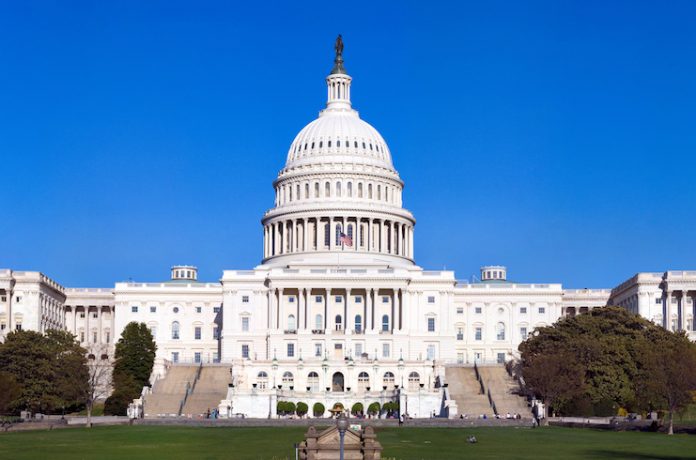WASHINGTON, D.C. — The U.S. economy is expected to lose 5.9 million travel-related jobs by the end of April, according to data released Tuesday by the U.S. Travel Association and Tourism Economics—a number that has been accelerating since last week. On March 25, the U.S. Senate passed the CARES Act, a $2 trillion relief package in response to the COVID-19 pandemic. Highlights of the bill for the travel industry, as outlined by the U.S. Travel Association, include:
- $377 billion in loans and loan forgiveness for small travel businesses: The bill provides small travel businesses (500 employees or less), self-employed individuals, and 501(c)(3) nonprofits with enhanced and expedited Small Business Administration (SBA) loans, which will be made available quickly through community banks. Loan recipients can receive tax-free forgiveness on a portion of the loan, equal to eight weeks of payroll and other expenses.
- $454 billion in federally backed financial assistance for impacted businesses: The bill provides $454 billion through the Treasury Department and Federal Reserve to assist impacted travel businesses and governmental entities through secured loans, loan guarantees, and other financial measures. The broad eligibility under this program ensures any impacted organizations can access a liquidity lifeline to keep workers employed and stay afloat through the worst months of this crisis.
- Tax relief to mitigate losses and allow businesses to use cash to pay employees and keep the lights on: The bill allows affected businesses to temporarily defer tax liability, access an Employee Retention Tax Credit, delay or eliminate estimated quarterly tax payments and filings deadlines, and allow for a carryback of the Net Operating Loss (NOL) Deduction.
- Grants for impacted tourism businesses and airports: The bill provides $10 billion in airport grants to support vital operations and provides $6.5 billion in Community Development and Economic Development Administration grants for economic injuries caused by COVID-19, including the tourism industry.
AHLA Statement on CARES Act
In a statement released on Thursday, Chip Rogers, AHLA president and CEO, applauded the passage but expressed concern that SBA loan limits in the legislation would not allow hoteliers to meet payroll and debt service obligations.
“The hotel industry applauds leaders in the Administration and Congress who are working around the clock during this unprecedented public health crisis to ensure the health and well-being of our country and to pass a financial package that helps save the American worker and the industries that drive our economy, including the hotel industry. We are especially appreciative of Senate Majority Leader McConnell, Minority Leader Schumer, and Treasury Secretary Mnuchin for their leadership and driving this process forward. It’s an important first step to getting our country’s economy up and running,” Rogers said. “We continue to support the underlying foundation of the CARES Act to help the livelihoods of millions of American workers and thousands of small businesses. We are very grateful for all the work the Senators have done on this bill, and we believe it is a critical step forward to help save our economy.”
“However, there is one challenge that makes the current plan unworkable for hoteliers,” Rogers continued. “The legislation limits an SBA loan to 250 percent of average monthly payroll. This limit will not allow a business owner to meet both payroll and debt service obligations beyond an estimated four to eight weeks. Consequently, it will result in furloughing the very workers the bill seeks to protect. Since the measure reduces debt forgiveness with any reduction in payroll, hoteliers would be forced to use the entire loan amount on payroll, at the expense of debt service. The harsh reality is that travel restrictions and mandated business closures remain in place. The outlook for the foreseeable future is zero revenue for most hotels. If a hotelier cannot make debt payments the business will go under and the jobs are lost.”
“COVID-19 has been especially devastating for the hotel industry. Every day, more hotels are closing, and more employees are out of a job. We urge the House to swiftly take up this legislation, while making these important changes,” Rogers added. “The hospitality industry stands ready and able to do whatever we can to make it through this unprecedented crisis, while building a foundation for a stronger tomorrow.”











